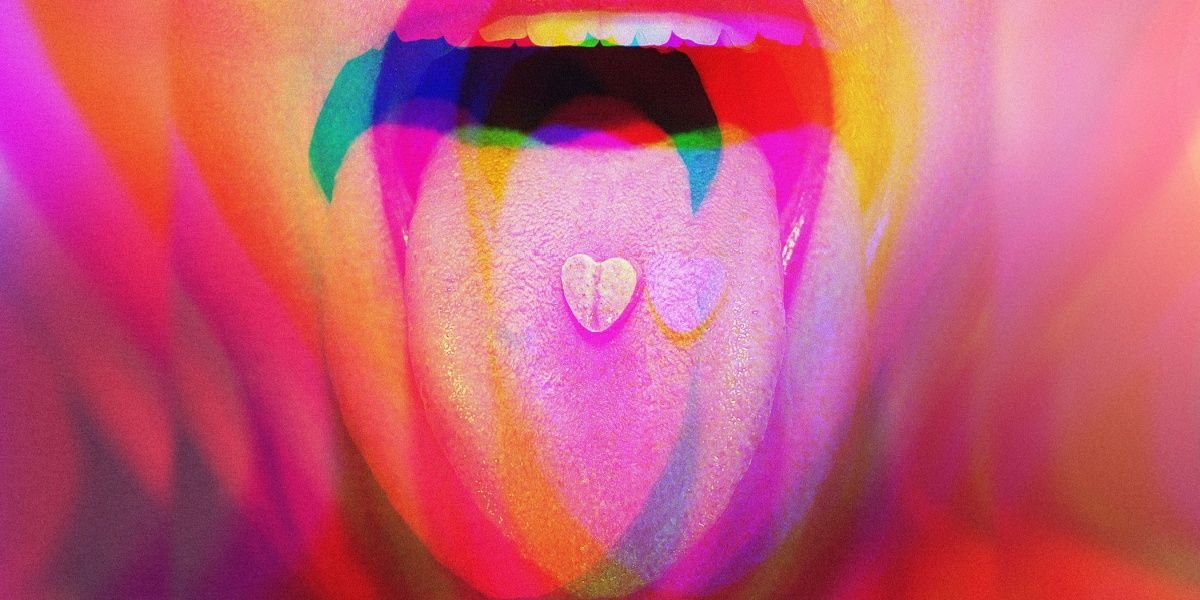Alcohol-induced blackouts cause memory loss of the period during which alcohol was consumed. Blackouts are common and can be more likely with binge drinking. Serious risks and dangers can occur when someone is blackout drunk, so it can be helpful to know how to prevent blackouts and stay safe.
- Blackouts involve memory loss caused by alcohol.
- Blackouts are usually caused by excessive alcohol consumption, which can prevent the brain from making new long-term memories.
- People may be at serious risk of harm if they experience alcohol-induced blackouts. It can be helpful to be aware of the ways to ensure personal safety when drinking or how to seek professional support with reducing alcohol consumption.
.jpg?v=1763127082)
What is blackout drinking?
Blackout drinking refers to partial or complete amnesia caused by alcohol consumption. When blackout drunk, a person may seem alert and able to continue to perform normal skills or interact with others, while the level of alcohol in their blood inhibits them from forming long-term memories. [1][2]
Blackout drinking differs from passing out drunk. People who experience blackouts are still conscious and recognize memory loss once they are sober, whereas people who pass out drunk fall asleep or are unconscious due to alcohol consumption. Alcohol-induced blackouts may progress to passing out, depending on the level of alcohol consumption. [1]
Alcohol-induced blackouts can be fragmentary, causing gaps in memories from the period of drinking, or complete memory loss, in which nothing can be recalled. [2]
Fragmentary ("brownout") vs. En bloc (total) blackouts
Fragmentary blackouts are sometimes referred to as “brownout” or “grayout”. Memories are spotty, and there are gaps in between recalled events. Sometimes, memories can be retrieved with prompts or reminders. [1][2]
Total blackouts are sometimes referred to as “en bloc”. This type of blackout involves complete amnesia, often covering many hours of lost memories. Typically, these memories cannot be recalled regardless of prompts. [1][2]
How alcohol causes blackouts
Alcohol impacts the abilities of a part of the brain called the hippocampus. The hippocampus is responsible for transferring short-term memories to long-term storage, where they can be recalled in the future. This process is called memory consolidation. Alcohol blocks the hippocampus from achieving this transfer, meaning that short-term memories are not consolidated to long-term storage and thus cannot be later retrieved. [1]
Risk factors
Blackouts are thought to occur when the blood alcohol concentration (BAC) rises rapidly. This might include drinking on an empty stomach, drinking a lot in a short period of time, or engaging in binge drinking. [1][2]
Blackouts do not happen to everyone, and some may be more vulnerable than others. Some risk factors include: [1][2][3]
- Female gender: Females are more likely to reach peak BAC levels rapidly due to having less water in the body and (typically) weighing less.
- Medications: Some substances and medications can increase the risk of blackouts, such as sedatives.
- Little drinking experience: Young people or those who do not drink often may be at higher risk of blackouts, as they may reach high BAC levels faster than someone who drinks frequently.
- Genetic factors: Genetic factors likely influence a person’s susceptibility to experiencing blackouts.
Signs and symptoms: What does blackout drunk feel like?
Being blackout drunk feels and looks no different from being drunk. The person will likely appear intoxicated but will be alert and conscious. [1][4] It may not be until the next morning, or once the individual has sobered up, that the blackout becomes apparent. People might wake up with no idea how they got home, who they went home with, how or why they have a new injury, or something much worse that cannot be explained. [5]
This can lead to a range of negative emotions that occur on top of the effects of a hangover, such as guilt, fear, shame, or confusion. [5]
Risks and dangers
Alcohol-induced blackouts can cause many risks and dangers. When blackout drunk, a person’s decision-making skills, judgment, and impulse control can become significantly impaired, which can lead to serious accidental harm or harm inflicted by or to others. [1] For example, someone who is blackout drunk might attempt to drive home, putting themselves and others in the car or on the road at serious risk of harm or death. Other accidental injuries could occur, ranging from mild to severe, such as broken bones or head injuries. [6]
In one study of 954 college students, around half had experienced alcohol-induced blackouts in the past year. These participants made 404 visits to the emergency department in two years, one-eighth of which were linked to alcohol-induced blackouts. [6]
Alcohol-induced blackouts can also lead to regretted sexual experiences or non-consensual sexual assault. This can cause various physical and psychological impacts. [7][8]
How to prevent blackouts when drinking
It may be possible to prevent or reduce the risk of blackouts while drinking by: [4]
- Setting a limit of how many drinks you will consume during the night or event
- Sticking to one type of alcohol, rather than mixing various drinks, and avoiding spirits or shooters
- Drinking slowly
- Eating a proper meal before drinking
- Drinking a glass of water between each alcoholic beverage
When to seek help
Professional support can help people reduce or stop their alcohol consumption and change harmful behaviors. It may be necessary or beneficial to seek help if:
- You are frequently experiencing blackouts.
- You are worried about what happened during a blackout.
- Your friends or family are concerned about your blackouts and your level of drinking.
- You experienced accidents or dangers while blackout drunk.
Different types of help are available, including medications and rehab facilities that can support people overcoming alcohol addiction, therapies to address underlying mental health issues that contribute to excessive drinking, and support groups that provide a sense of community and accountability to those reducing or stopping their alcohol consumption.

-person-thumbnail.jpg?v=1758880627)
-guide-detail.jpg?v=1756808779)

